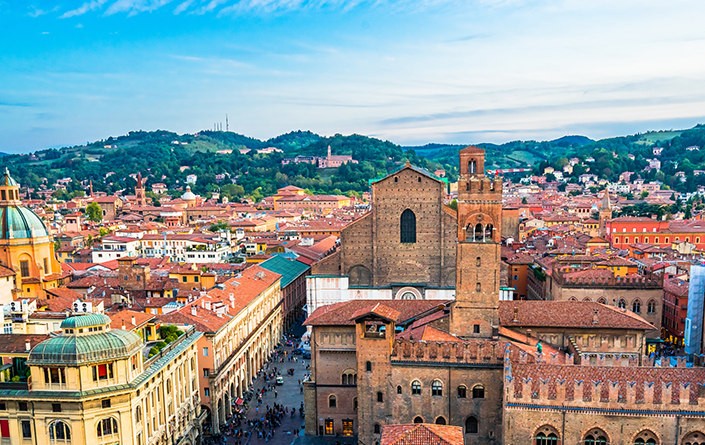The Economic Impacts of Inclusion
Transcript
Div Pillay: [0:16] Diversity inclusion is absolutely intricately connected to economic and social success of any country. I guess it's easier to look at it from an exclusion of diversity perspective.
[0:33] When you look at excluding people who have been historically disadvantaged, you can see the inequity very clearly, so when you exclude people of color, people from different genders, sexual orientations, disability, and all other diversities.
[0:51] When you exclude historically disadvantaged people from the workforce, fully participating in the workforce, fully participating in society, whether it's government, media, politics, you see that the divide between those who are privileged and those who are not gets deeper and deeper.
[1:12] When you see that inequality emerge, whether it's a rich country or a poor country, you will see that impact in the economic progression and social progression.
[1:23] This is why the United Nations, their 10th goal for sustainability and development goals is the reduction of inequalities. Without that and the full participation of all people, an economic impact and slower economic growth is almost a surety. That's what we're seeing playing out globally.
[1:49] If you think about it from a macro perspective, just 1 percent of the top earners globally controlled more than 50 percent of the world's wealth. That top percent is made up of mainly men and many of them in technology.
[2:11] This problem is a diversity and inclusion problem very intricately linked to economic growth and social progression. In effect, when the rich get richer and the poor get poorer, you're bound to see that divide more and more.
[2:30] COVID has deepened that inequity, and you see that globally, again, irrespective of whether it's a rich country or a poor country. Of course, for poorer countries, developing nations, you see the divide more markedly.
[2:49] This is what we're about, seeing diversity and inclusion as a social impact change effort around the world. It is bigger than starting only within organizations. It has ramifications right through to economic and social success.






